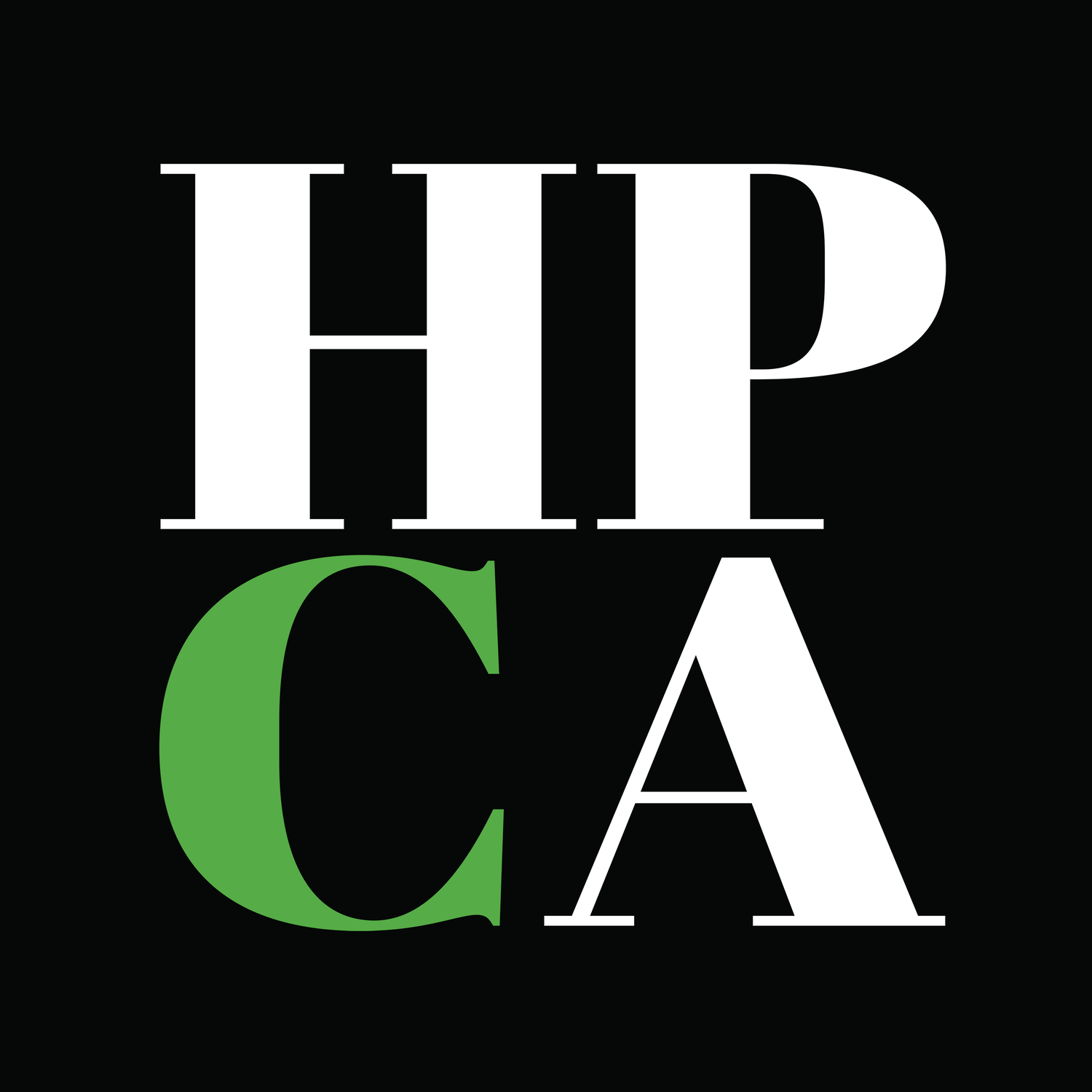Developments with the COVID-19 coronavirus are happen- ing daily in Calgary, in other parts of Alberta and Canada. The information below was gathered from reliable public health sources at the time of our newsletter submission deadline. For current information, we recommend you check the Health Canada webpage dedicated to distributing accurate information about the virus: https://www.canada.ca/en/public-health/services/diseases/coronavirus-disease-covid-19.html. You can also get reliable information from CBC TV or radio, or CTV TV, or similar mainstream media.
What you can do if you are well
Public health experts have advised everyone to wash all parts of their hands frequently during the day for a minimum of 20 seconds (as long as it takes to sing Happy Birthday twice). They have also advised people to avoid shaking hands or having other direct contact with people outside your home (or with those inside your home who may be sick). Many employers, educational institutions, and some governments have implemented “social distancing” measures, and you can implement these on your own too. That means avoiding large crowds, working or learning from home if you can, and otherwise limiting close contact with others. These measures are designed to slow the spread of the virus so hopefully, our health system will not be overwhelmed.
If you have had a flu vaccine, it will not protect you from the COVID-19 coronavirus. However, the flu vaccine will still protect you from getting influenza, which is worth doing. Free flu vaccines are being provided at local pharmacies; just stop by and ask for one, and you’ll fill out a short form before getting your vaccine.
What to do if you get sick
Stay home if you are sick—whether it’s a cold, influenza, or what you think might be COVID-19— and treat your symptoms. The main symptoms for COVID-19 are fever, a dry cough, and more severe cases can involve difficulty breathing. Treatment for a mild infection of COVID-19 is the same as for treating influenza, which involves getting rest, drinking plenty of fluids, taking acetaminophen (like Tylenol) or ibuprofen (like Advil) for fever, etc. If you think you have COVID-19, do NOT go to the hospital; you should call your doctor’s office or call 811 to speak to a nurse. NOTE: call wait times for speaking to a nurse at 811 may be over 1 hour due to the large volumes of calls they have been receiving—please have patience! They will ask you a series of questions and give you advice as to whether you can best be treated by remaining at home in self-isolation, or if you need additional treatment in a hospital or clinic.
Don’t believe claims you may see on the internet or hear from someone about “cures” for the COVID-19 coronavirus. There are currently no health products that are authorized or shown to be a cure for this virus. There is also currently no vaccine available, although scientists are working to develop one, but it will take several months.
Did you know you can order groceries online and have them delivered to your home? There is usually an extra fee for delivery, but if you are sick or self-isolating, you need to stay home. Superstore, Save-On, and M&M Food Market are just a few stores that offer this service.
What HPCA is doing
The Highland Park Community Association Board has increased our hall cleaning protocols to try to limit the spread of this virus. We are installing hand sanitizer dispensers in key locations in our hall. We have also cancelled or postponed some of our own events, and we will continue to evaluate whether or how our planned summer and fall events can proceed.
Finally, we also encourage you to support each other. If a friend or neighbour is self-isolating or is laid off from work due to the resulting economic slowdown, can you drop off some groceries for them, phone or video chat with them, or put a get-well-soon card or a grocery gift card in their mailbox? Public health experience with other pandemics have shown that self-isolation can be very difficult mentally, and it will also have a significant economic impact on some of our neighbours. We can get through this, but we all need to work together (while implementing social distancing) to keep each other safe!
Written by Anne Naumann, HPCA Vicepresident

